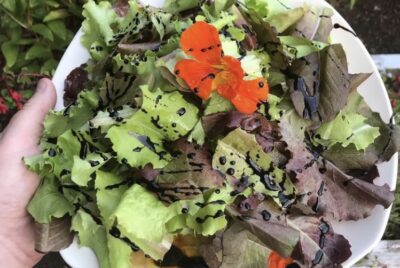RESEARCH
Impacts of Conservation Activities on People who are Incarcerated: A Case Study Based on Qualitative and Quantitative Analyses
Summary
This study investigates the impacts of conservation activities on “incarcerated citizen scientists” at the Salt Lake County Jail in Utah. Researchers used a mixed-methods approach, combining pre- and post-surveys with qualitative interviews to assess the impacts of participation. Quantitative survey data provided inconclusive results, but qualitative findings revealed that most participants reported increased knowledge about science and conservation. Additionally, approximately one-quarter of participants noted psychological benefits, such as a sense of purpose and fulfillment from contributing to the community through ecological restoration projects.
The activities included tasks related to ecological restoration and environmental science, offering hands-on experience in conservation efforts. Participants voluntarily completed surveys before and after the program to measure changes in attitudes and knowledge. The study highlights the potential for ecological restoration programs to positively impact incarcerated individuals’ well-being and education while emphasizing the need for interdisciplinary collaborations between ecologists and social scientists to better understand the broader impacts of such initiatives.







